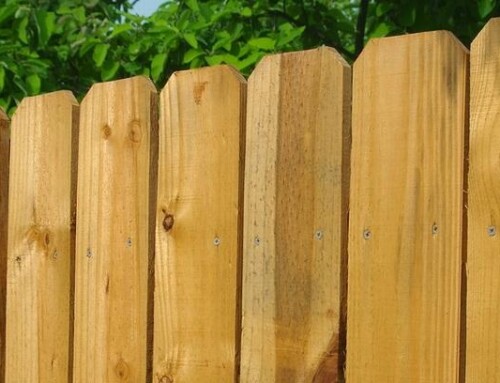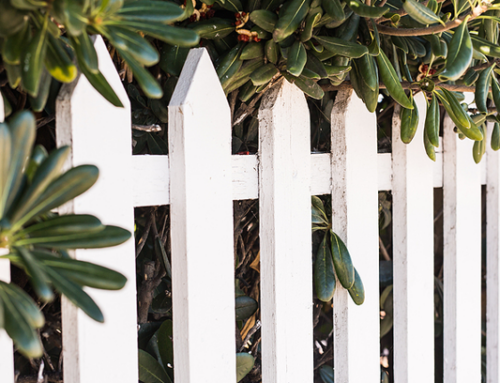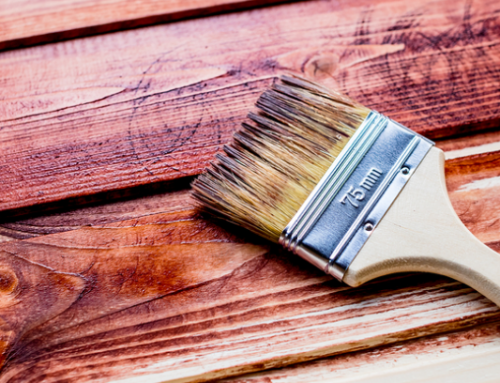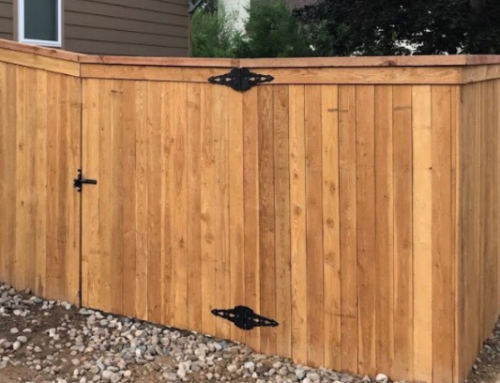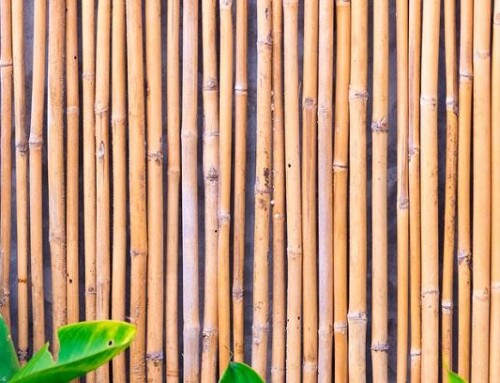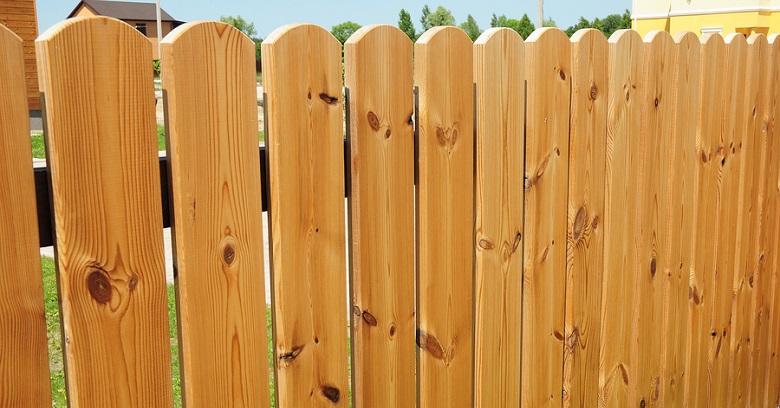
When it comes to wood fences, not every installation is the same. There are countless types of fences made from many different wood species for you to choose from. Wood fence services say that you should know a little bit about the various types available so you choose the best lumber species for your specific installation.
With the right selection, you can prolong the life of your installation and put off wood fence replacement for as long as possible.
Softwoods
Softwoods are fast-growing, tall conifer trees like pine, fir, cedar, and cypress. Because they are prolific trees and require less milling, these species tend to be less expensive than other types and more commonly used for wood fences. Pine and fir must be pressure treated to prevent premature rotting and damage from insects.
Cedar and cypress are naturally resistant to insects and rotting, so they may last longer than pine and fir. All four of the above types of wood are affordable options and available in many different styles, all of which can be installed by local wood fence services. Installations using these woods will need wood fence replacement after a decade or so, depending on local climate and other conditions.
Hardwoods
Hardwoods are slower growing species and often require more milling since these trees grow with more twists and knots than softwood species. Yet they are much more durable and naturally resistant to insects and moisture.
Wood fences made from redwood, ash, beech, maple, cherry, white oak, and black locust are great choices if you want an installation that will last decades when maintained. Redwood is very beautiful, and one of the strongest and most resistant species available.
Oak and locust are favored by horse owners as these species are resistant to chewing. On the downside, oak tends to warp, so this must be taken into consideration when using it to construct a fence. These species are more expensive to have installed by wood fence services than softwoods.
Tropical Hardwoods
Tropical hardwoods are exotic species like Brazilian cherry, Ipe, and Tigerwood that make exceptionally beautiful and strong fences. These resistant species are very hard and dense; they can last a long time before wood fence replacement is necessary. On the downside, they are also quite expensive.
Many feel tropical species are not environmentally friendly choices since they must be harvested in their natural environments and then shipped locally. With so many other tough and resistant domestic options available, these species are costly both for the buyer and the environment.
Synthetic Lumber
There are a variety of synthetic lumber products available today made from plastic, vinyl, and other materials that mimic the look of actual wood fences. Synthetic lumber is rot and insect-resistant, requires minimal maintenance, and can last half a century or more. Price-wise, it falls between soft and hardwoods, making it another ideal option an affordable installation.
If you are thinking about putting up a new fence or need a wood fence replacement, be sure to consider the pros and cons of all the various types of lumber referenced above.
Although pine and fir are more widely available, wood fence services recommend that you consider the durability of each species and how hard and synthetic lumber could be more cost-effective options in the long run!

